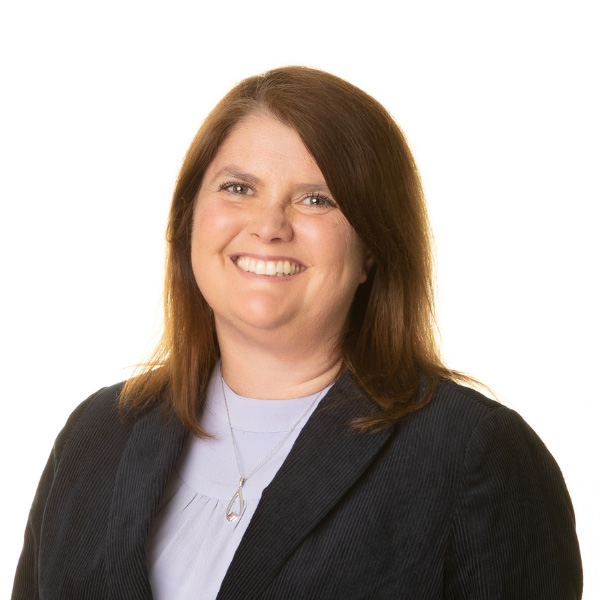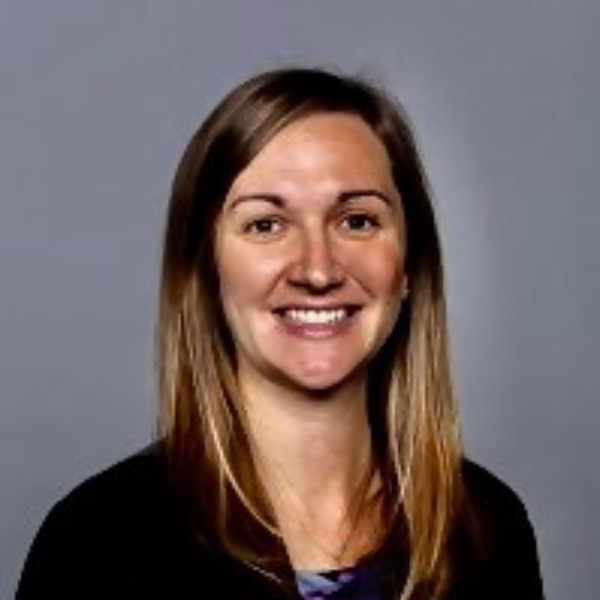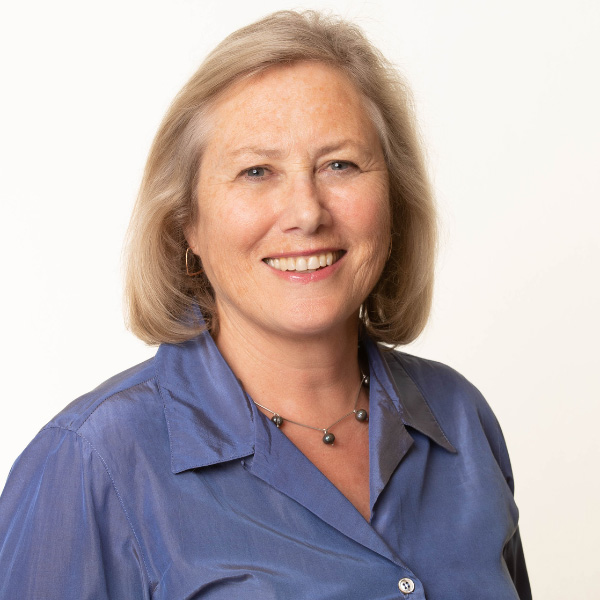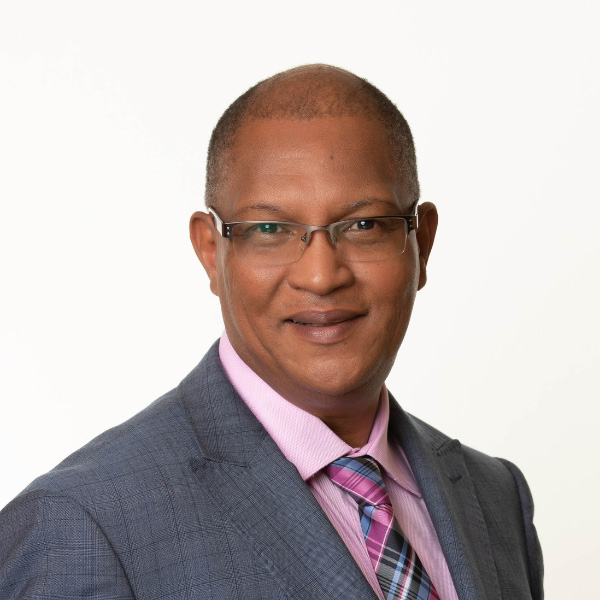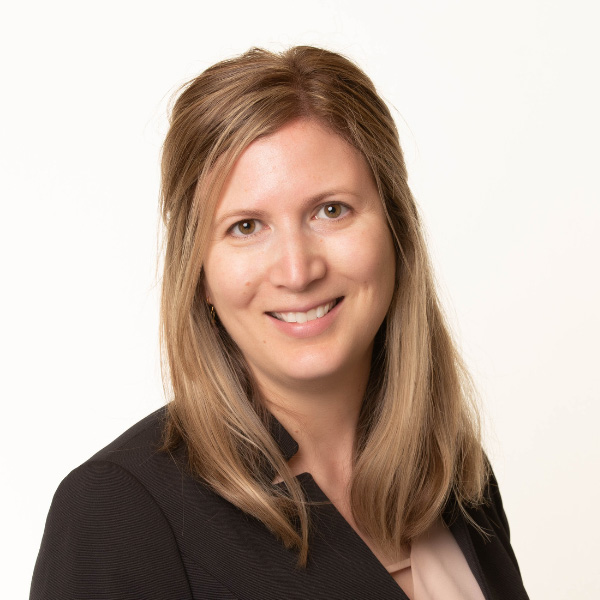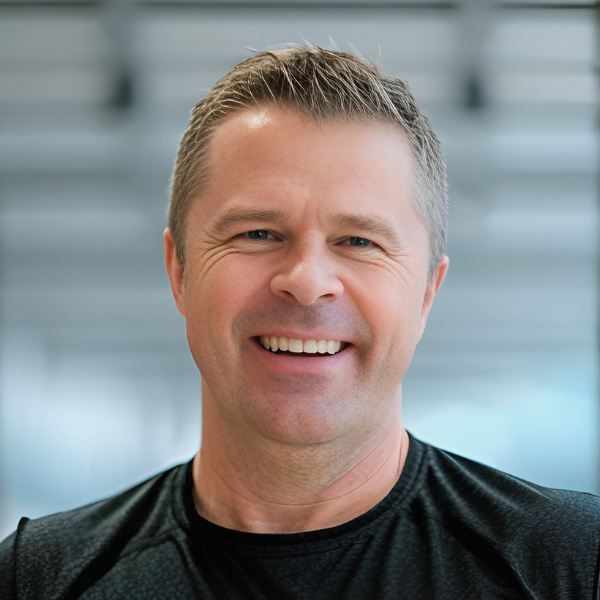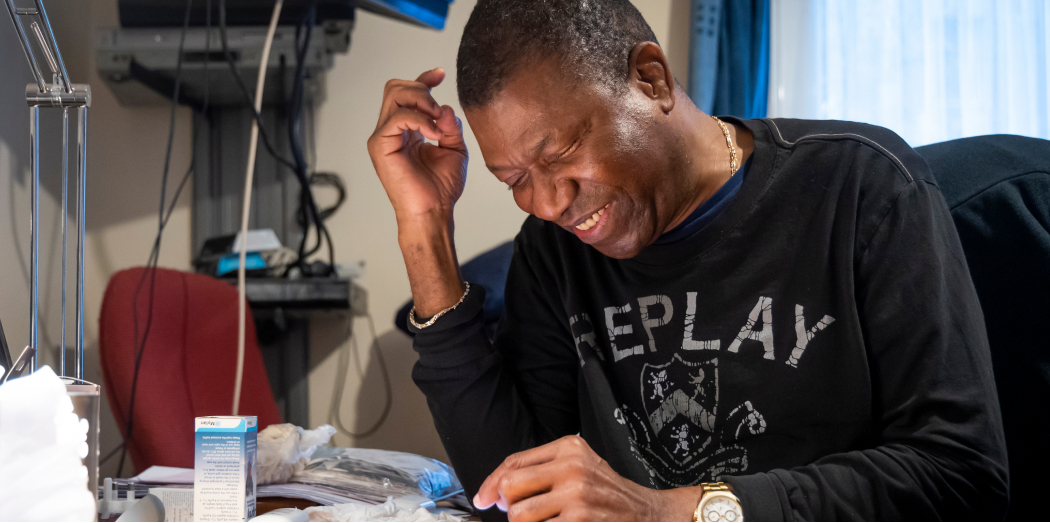A pilot randomized controlled trial of a virtual peer-support exercise intervention for older adults with cancer
2022 Catalyst Grant
By 2030, 23% of Canadians will be over 65 years of age. Two in five of these individuals will be diagnosed with cancer. Older adult females have high levels of functional decline, and a cancer diagnosis adds prolonged physical sequelae to the natural aging process. Many of these effects can be mitigated by regular exercise. However, older adult female cancer survivors are significantly less likely to meet current exercise guidelines than their younger counterparts. As our population ages, we need to develop effective, scalable interventions that support health in older adult cancer survivors. The objective of this study is to determine the feasibility and preliminary effectiveness of a virtually-delivered peer exercise intervention with qualified exercise professional (QEP) support for older adult female cancer survivors.
Participants will include older adult female cancer survivors who are cleared for exercise, have consistent access to the internet, and currently take part in less than 150 minutes of exercise per week. All participants will be matched with a partner, and given a peer support guide, and information on current exercise guidelines. In addition to being matched with a peer, dyads in the intervention group will have weekly virtual sessions with a QEP for 10 weeks. Participants in the control group will independently support their partner around exercise for 10 weeks.
Participants will be assessed at 3 time points. The primary outcome is feasibility. This will be measured by assessing recruitment, retention, adherence rates to the intervention, and participant acceptability and satisfaction. Secondary effectiveness outcomes include exercise volume, social support, quality of life, physical function, and physical activity enjoyment.
If effective, this will be the first virtual peer-based exercise intervention for older adult cancer survivors. Findings will inform future methods aimed at increasing exercise in older adults.
